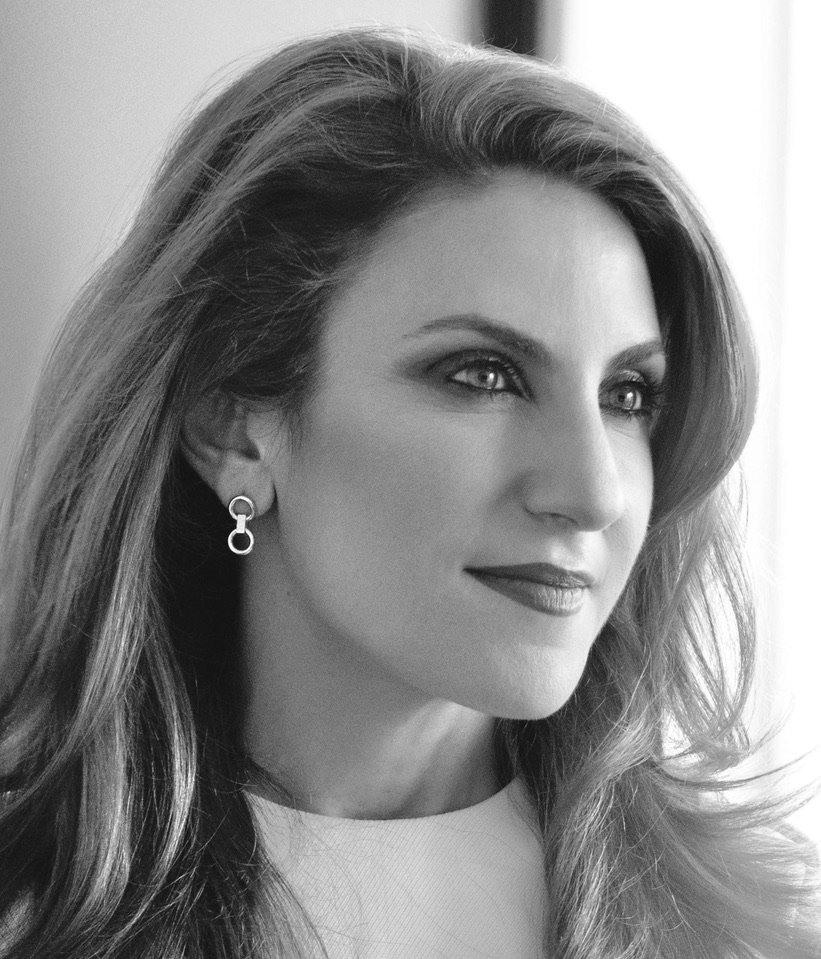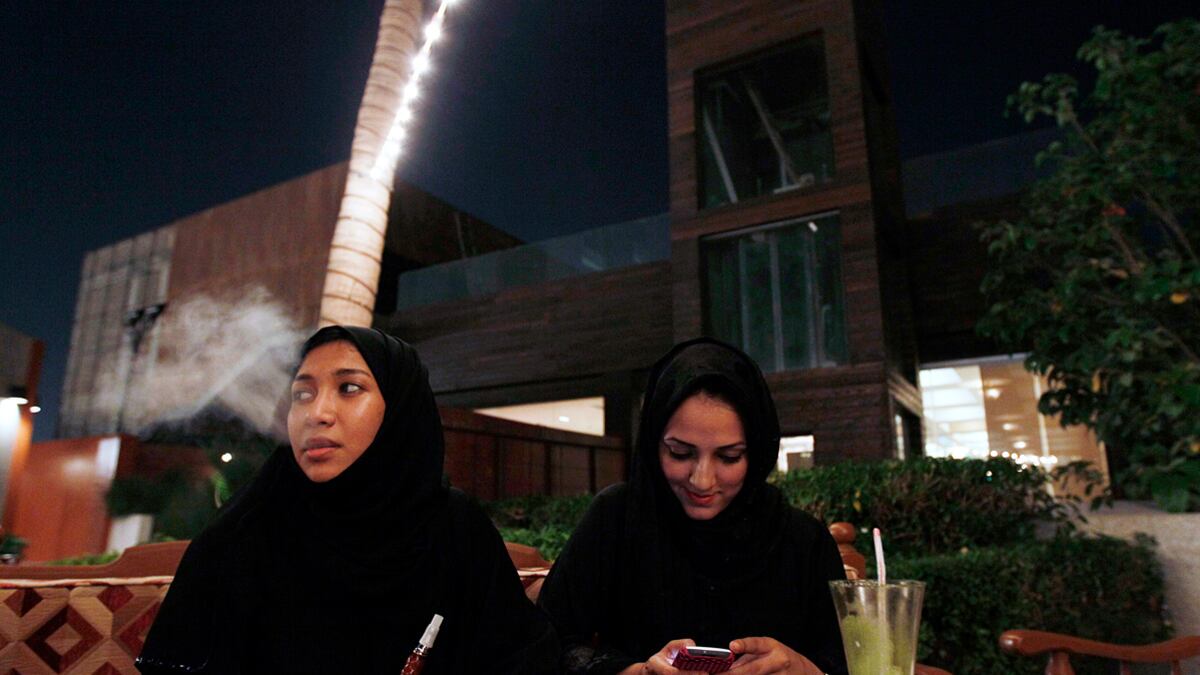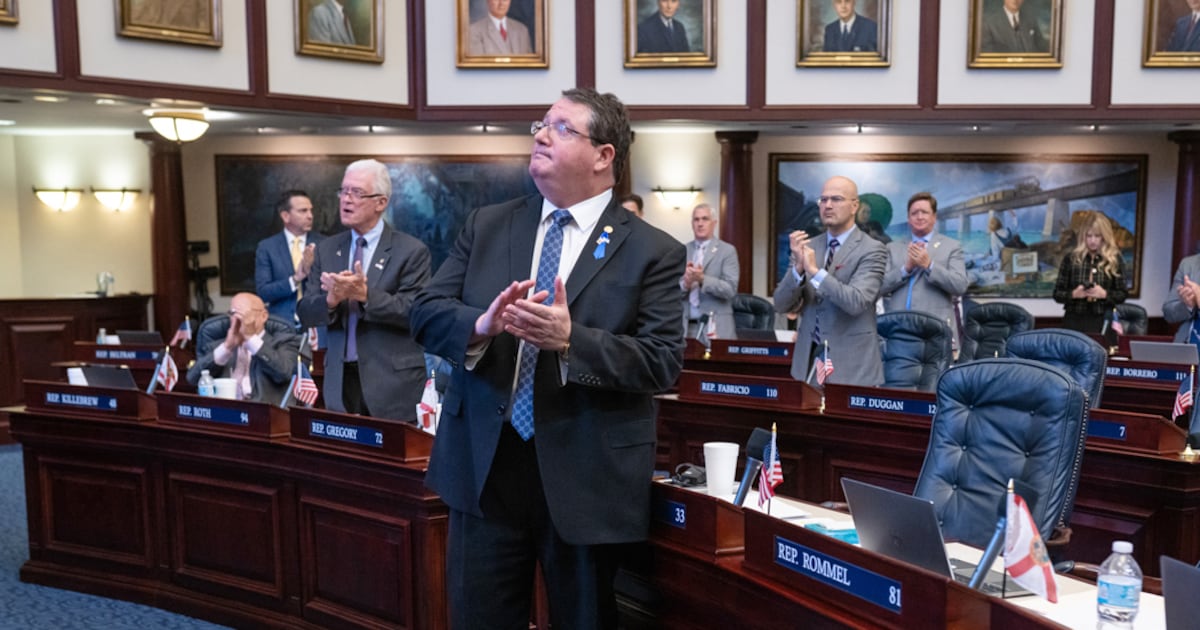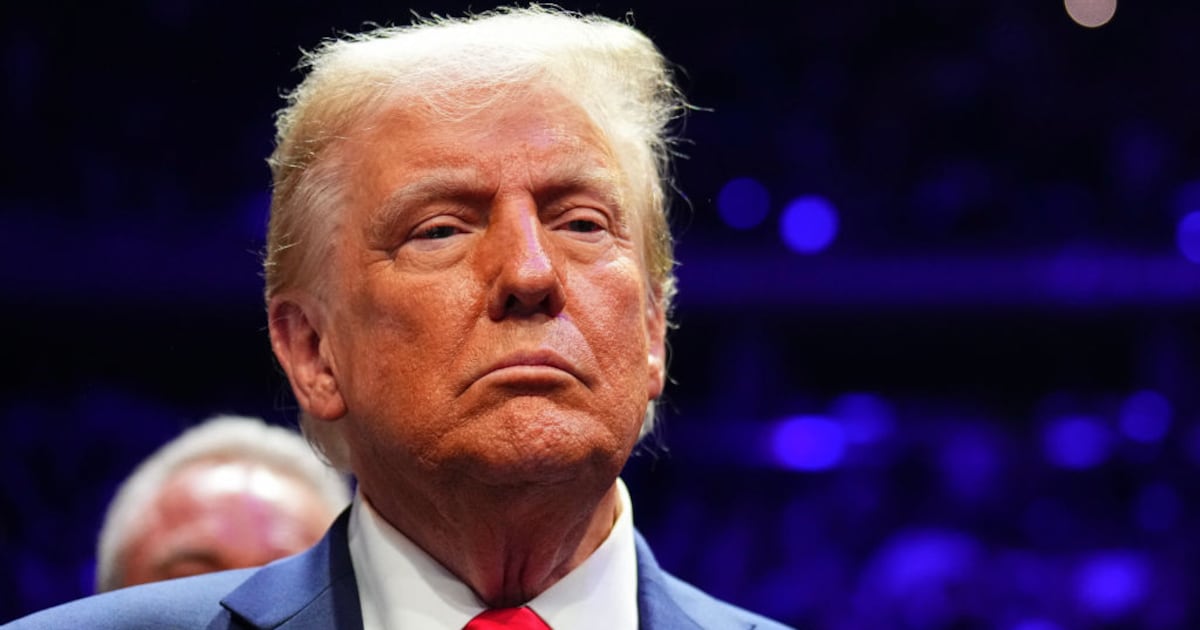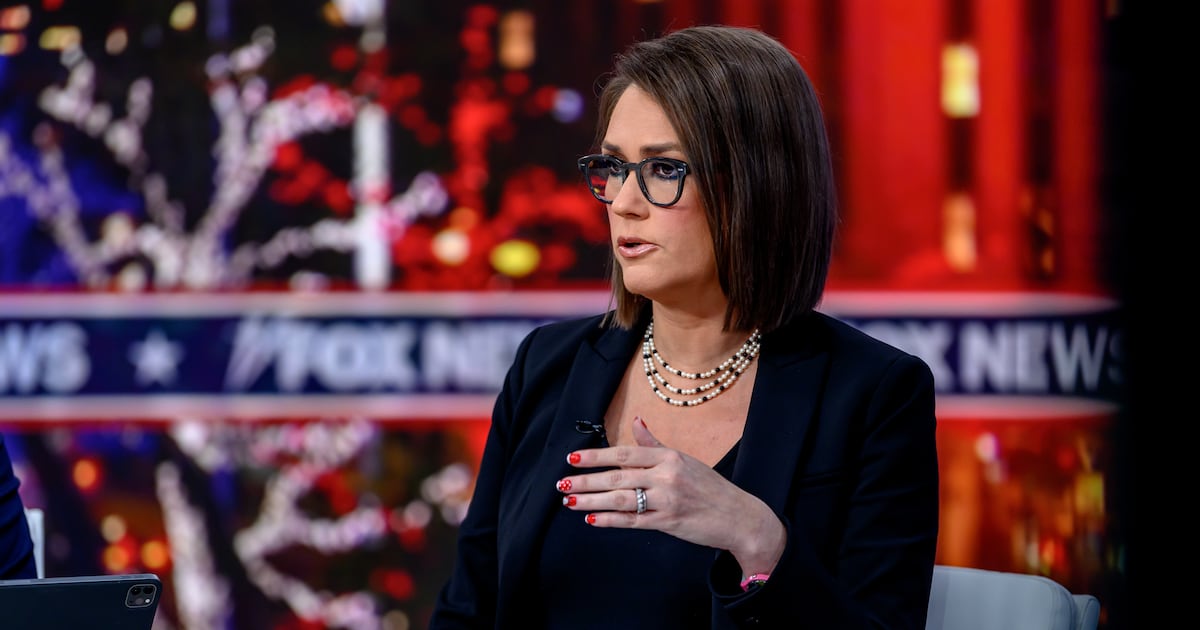The Arab Spring has led to the Saudi ballot box. For the first time ever, Saudi Arabia’s King Abdullah has granted women the right to vote and to run for local office in the Gulf kingdom–but not until 2015.
“Because we refuse to marginalize women in society in all roles that comply with Sharia, we have decided, after deliberation with our senior ulama [clerics] ... to involve women in the Shura Council as members, starting from the next term," Abdullah said in a speech Sunday. "Women will be able to run as candidates in the municipal election and will even have a right to vote."
Saudi Arabia’s first-ever municipal elections came in 2005 and the second set is scheduled for this Thursday, when more than 5,000 men will vie to fill 50 percent of Saudi Arabia’s 285 municipal councils. The government decides who fills the other half.
ADVERTISEMENT
Almost immediately a debate began between those who felt the change was largely symbolic, since it does not take hold for another four years—and women still cannot drive—and those who say it is the start of real change.

"Of course it is not enough, but given that we were nowhere yesterday this is a big step," says Muna AbuSulayman, a Saudi TV commentator and women’s activist with the Alwaleed Foundation. "The whole idea that women can fully participate in what is available, that is a major cultural shift that is occurring in Saudi Arabia."
"Little girls growing up knowing that they can be part of the Shura Council will change the way they feel about themselves."
She credits King Abdullah with pushing women forward even if the entire population of the conservative kingdom is not yet there.
"This is a bold move saying, ‘I know we are not there yet as a people, but I am saying we are going to force this issue,'" she says. "We have about four years to get the rest of society in line and that gives people time to actually accept it."
Women’s struggle for their rights in the ultraconservative kingdom has drawn increasing media attention of late, particularly as women have helped lead the fight for political change across Arab nations, including Tunisia, Libya, Egypt, and Yemen. Saudi women cannot drive a car or travel by themselves without their family’s permission. Bans on their presence in nearly all public spaces limit job options. And until now women have had no chance to participate in political life. All of this despite the fact that women now represent more than half the students studying at the country’s universities.
But the Arab Spring and political pressure on the Gulf kingdom for greater participation from men and women have made it increasingly difficult to defend women’s lack of rights. In 2010 the World Economic Forum ranked the country 129 out of 134 countries in its Gender Gap Index. While the study noted that the country had made forward strides in literacy and women in the work force, “Saudi Arabia remains the lowest-ranking country in the region on political empowerment, with the lowest possible score of zero.”
Women across the region have been growing louder in their fight to play a part in their governments. In Tunisia, where women have long enjoyed greater rights than many of their Arab neighbors, women pushed for and won a new electoral code that guarantees women will make up half of a candidates’ list for office. In Egypt, where women protested President Mubarak’s regime and pushed for a new government, women have banded together to demand a role in shaping the country’s constitution as well as 40 percent of all ministerial positions. So far women have seen only backsliding the military ended the parliamentary quotas guaranteeing women seats in the Egyptian legislature and only one of 34 interim ministers is female. She is a holdover from the Mubarak regime.
At the United Nations last week, leaders highlighted the role of women in the Arab protests. U.S. Secretary of State Hillary Clinton, long a vocal and visible advocate for women’s participation, took aim at those who say that this is not women’s time to take part in their politics.
“It’s also important that we reach out to the new emerging democracies and societies, particularly in the Middle East and North Africa, where women have marched and demonstrated, blogged, and put their lives on the line for a future that includes them, their families, their communities, and their countries,” Clinton said. “Women have to be part of the future. And it’s imperative that as constitutions are created, as political parties are organized, as elections are waged and won, nobody can claim a democratic future if half the population is marginalized or even prevented from participating.”
Said Clinton, “The United Nations must stand firmly behind the rights of all—the rights of women, the rights of men, but in particular for women to sit at every table where decisions are made.”
For women in Saudi Arabia that table will open up in 2015.
